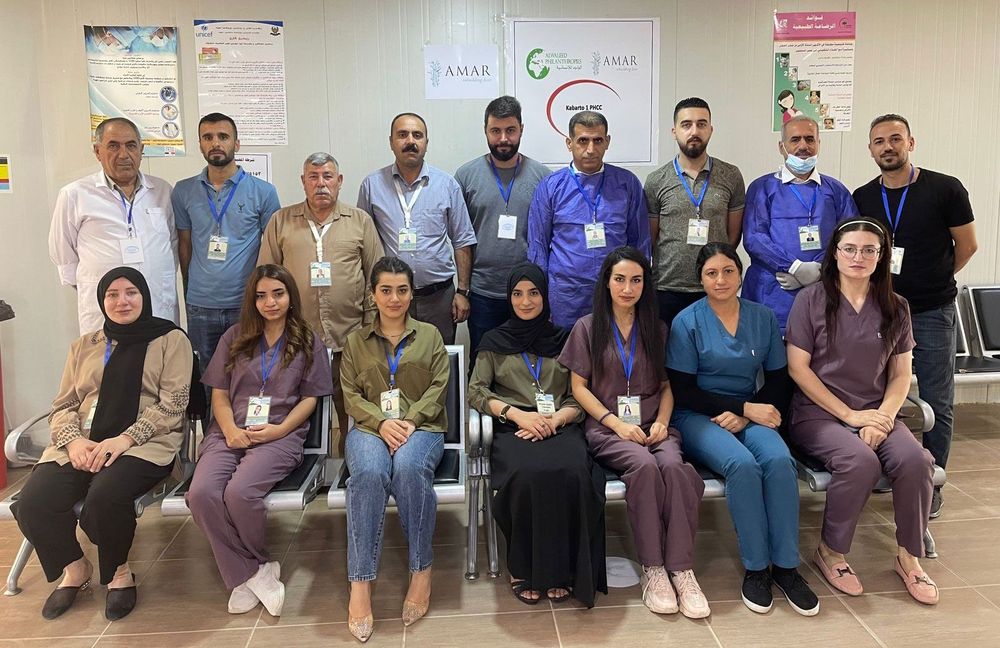Chaired by His Royal Highness Prince Alwaleed bin Talal Al Saud, Alwaleed Philanthropies "Global" partnered with AMAR International Charitable Foundation, a charitable Foundation based in England and Wales, in a project for the recovery and operation of two primary healthcare clinics in Iraq.
Alwaleed Philanthropies and AMAR are cooperating in a project that aims to deliver heath care to distressed populations and the internally displaced persons (IDP) in Iraq by the refurbishment of primary health care clinics in two IDP camps.
The project entails responsibility for managing the clinics, providing medical services, and delivering primary health care to the patients residing in the camps; as well as to upgrade the clinic equipment, and mobilize women health volunteers.
HRH Princess Lamia bint Majed AlSaud, Secretary General of Alwaleed Philanthropies indicted “it is a primary objective for Alwaleed Philanthropies to help and support internally displaced individuals especially in the health care arena. IDP individuals tend to experience worse health outcomes than other conflict-affected populations across a range of health issues; some of which include reduced access to health services. This partnership will further develop the health facilities in the camps and ensure better health outcomes for these individuals.”
The project aims to work with local communities and respond to their local needs in an effort to empower vulnerable or marginalised groups.
Baroness Nicholson of Winterbourne, Chairman of the AMAR International Charitable Foundation, commented on how ‘honoured and delighted she was that Alwaleed Philanthropies was generously supporting some of the most underserved displaced populations in Iraq. AMAR ICF is especially honoured to share AP’s noble Objectives.’
Dr. Ali Jawad, AMAR Country Operations Director, and Mr Andrew Methven, Chief Operating Officer of AMAR, were very pleased to be partnering on the project - ‘we know how critical it is to the Displaced People, still living in tents after 9 years, to have continual support of critical primary medical cover.’














0 Comments